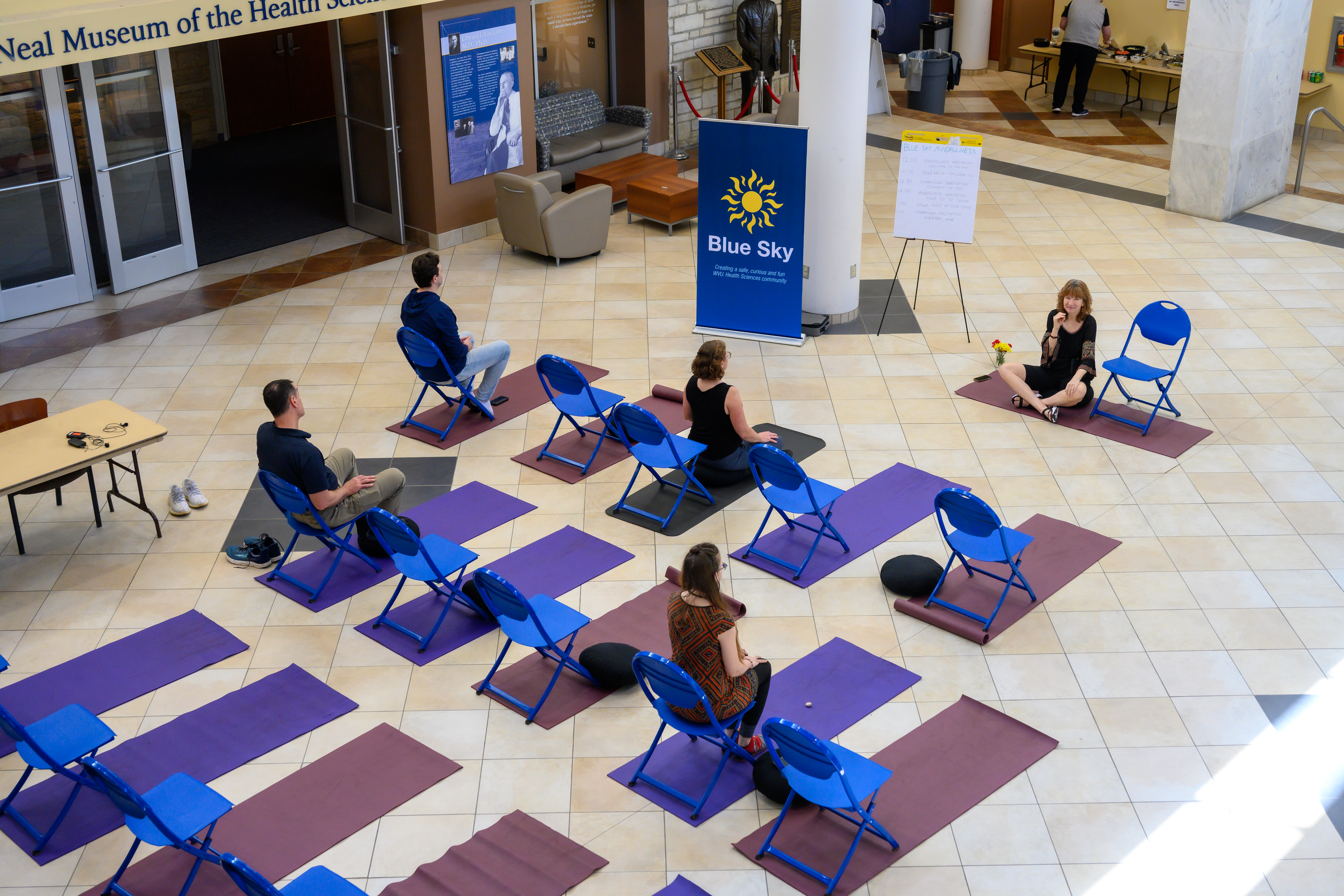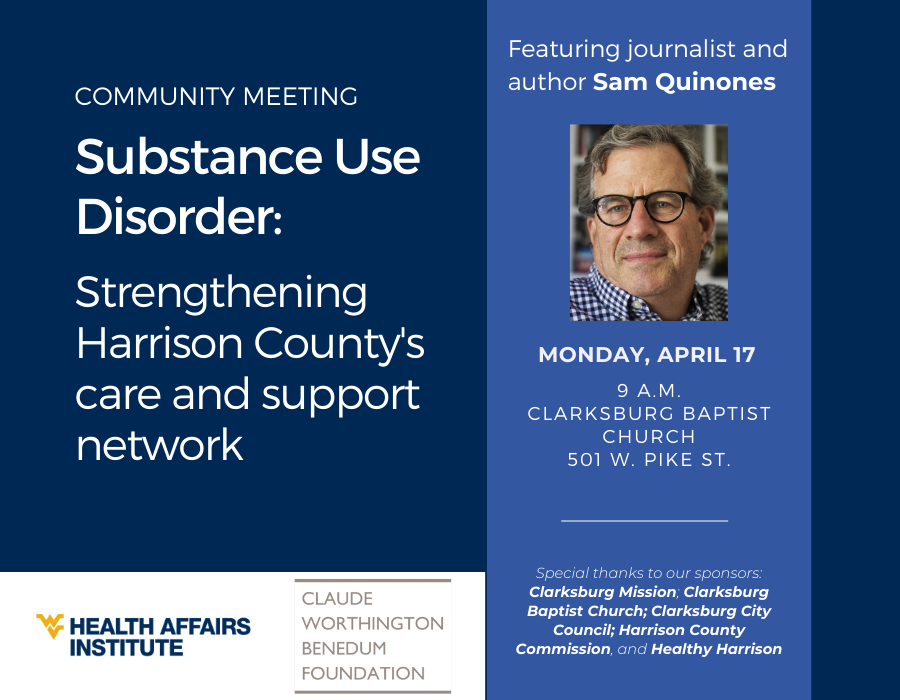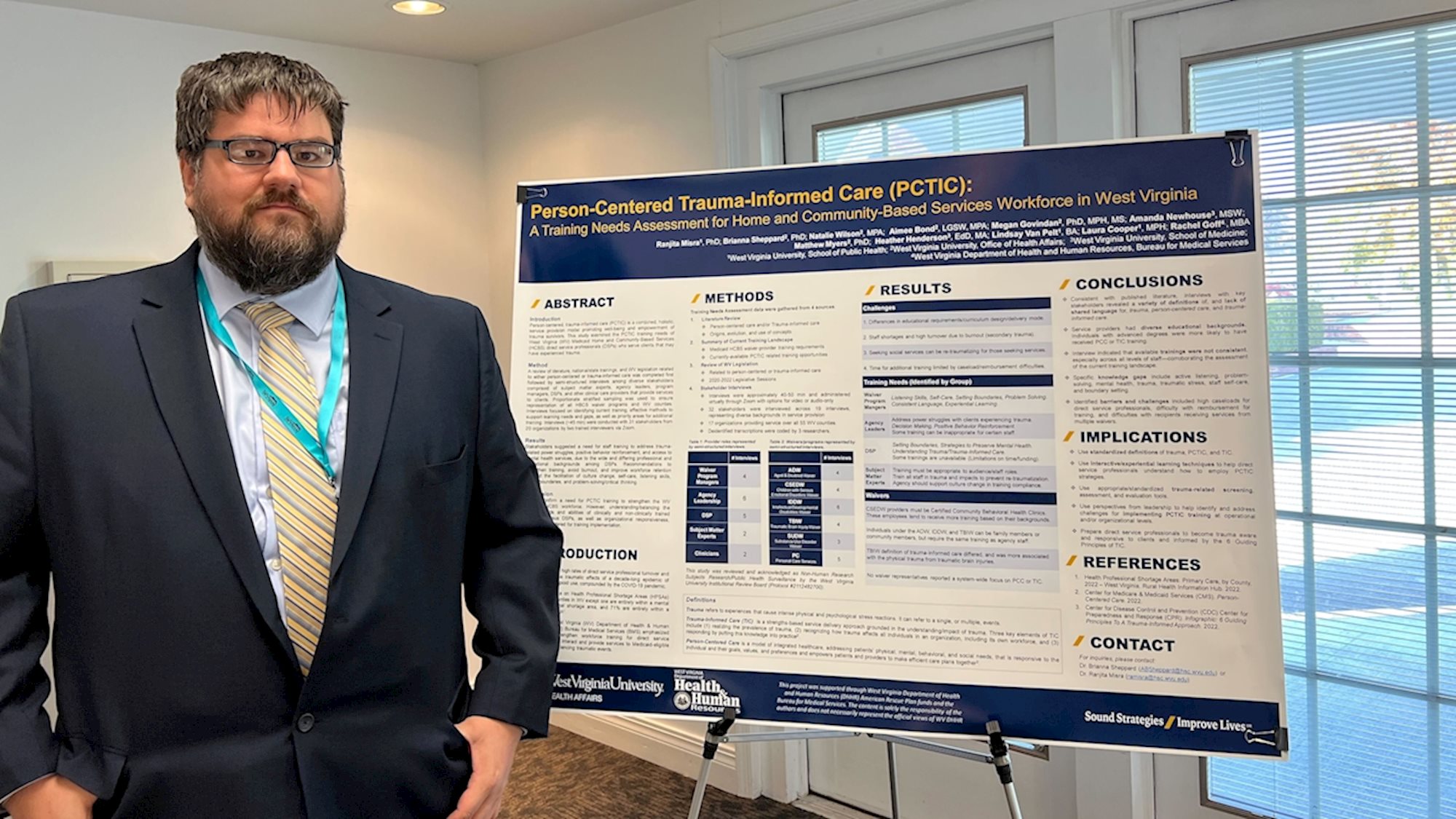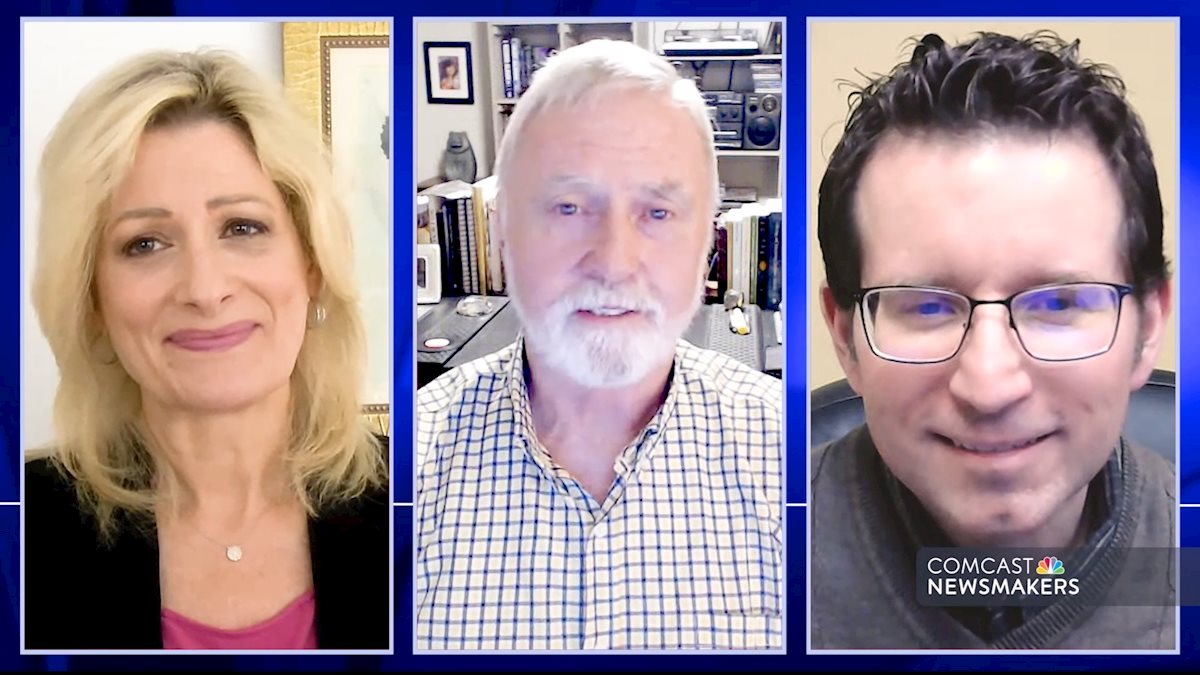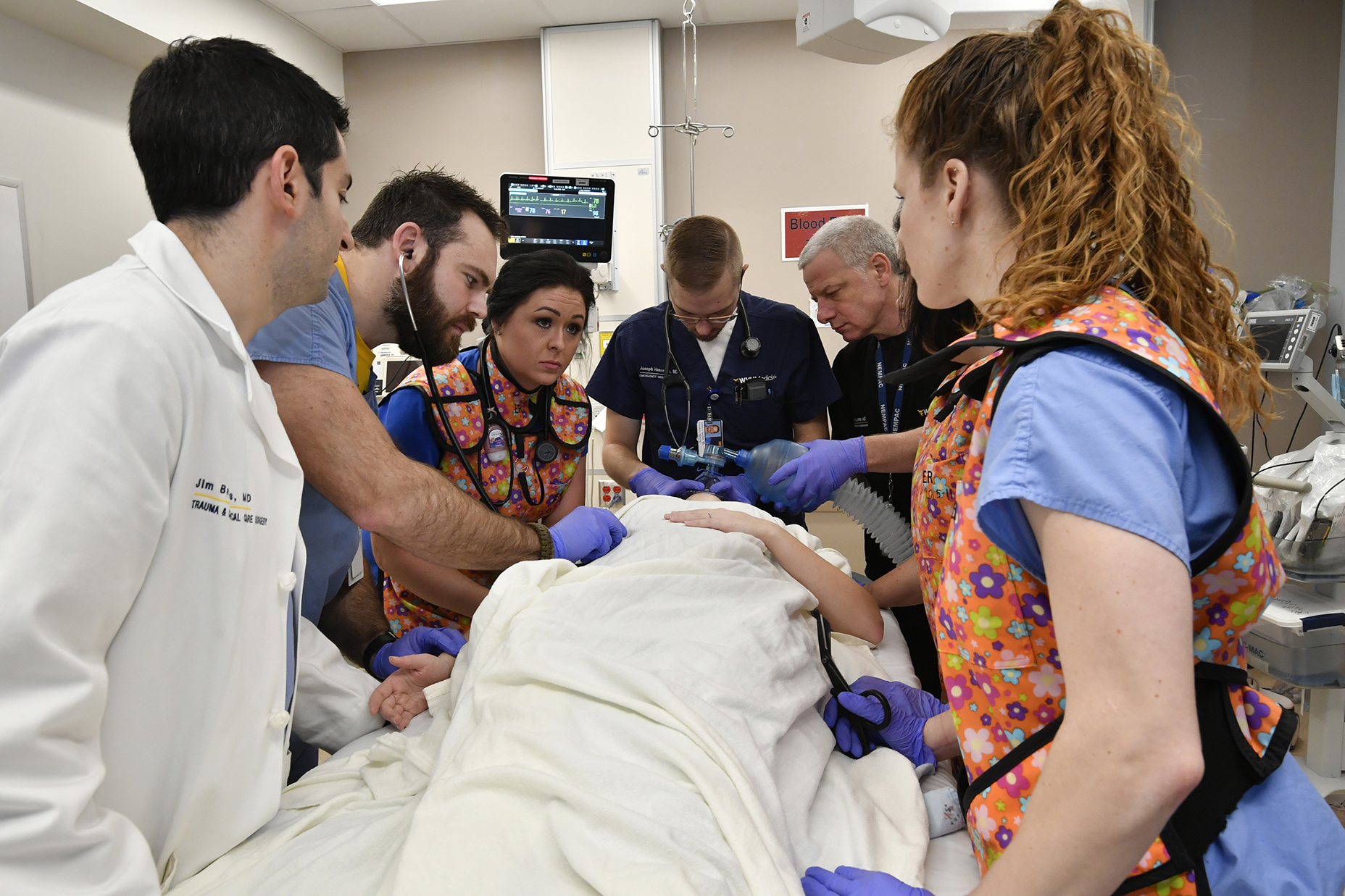West Virginia’s health, county by county: MATCH data tools show comparisons in mental health, economic hardship, and more
Since its development in 2020, WVU Health Affairs Institute’s MATCH survey team has sought to understand the health and well-being challenges facing West Virginians.
The Mountain State Assessment of Trends in Community Health, or MATCH, was first distributed throughout the state from August to December 2021. Since then, the MATCH survey has biennially collected information from respondents about general physical wellness, ability to access needed healthcare, chronic diseases and their impact on general wellness, food security, financial stability, and mental well-being.
The goal of the survey is to help the West Virginia Department of Human Services (DoHS) learn about and respond to the critical health needs of all WV’s 55 counties.
Now, a new feature on the MATCH website is giving unique insight across the state, from Hancock County all the way to McDowell. With the MATCH County Factsheets, visitors can learn real health-related statistics from their own communities and compare findings between counties.

This robust, representative health data for every WV county is publicly available to local health departments, nonprofits, and other community-serving organizations.
“We’re so proud to be able to provide people throughout the state information about their communities,” said Amanda Jones, MATCH Program Director. “This data is the first of its kind, giving county and state decisionmakers the power to drive real change. If you are randomly selected to participate, please take the survey, and help match community resources to community needs today.”
The 2023 MATCH survey is currently in the field, collecting data through May 2024. All survey answers are confidential and will not be connected to participants or their households.
Visit WVMatchSurvey.org/data to learn more.
MEDIA CONTACT:
Shelly Davidov
Communications Specialist
WVU Health Affairs Institute
sdavidov@hsc.wvu.edu




